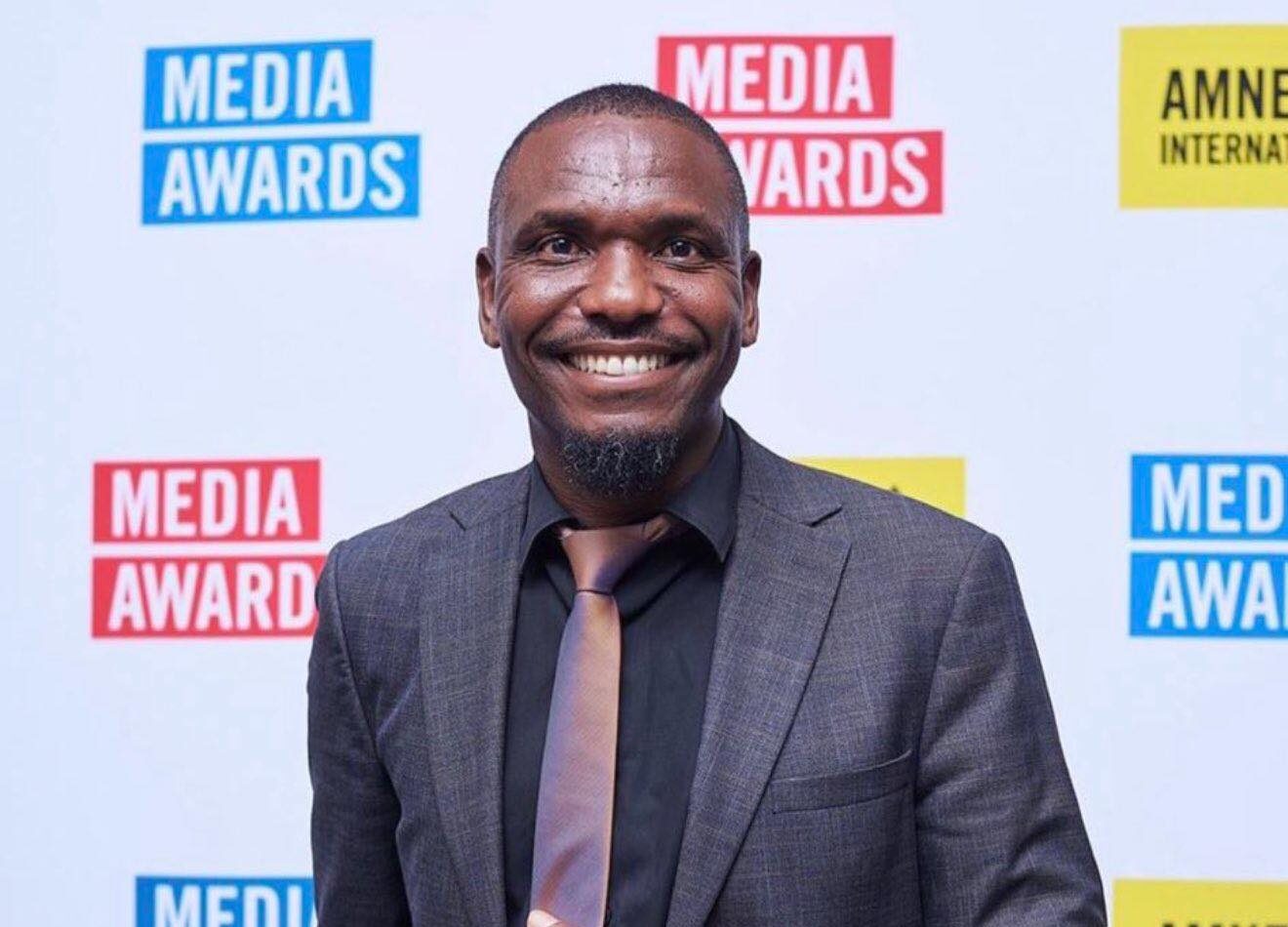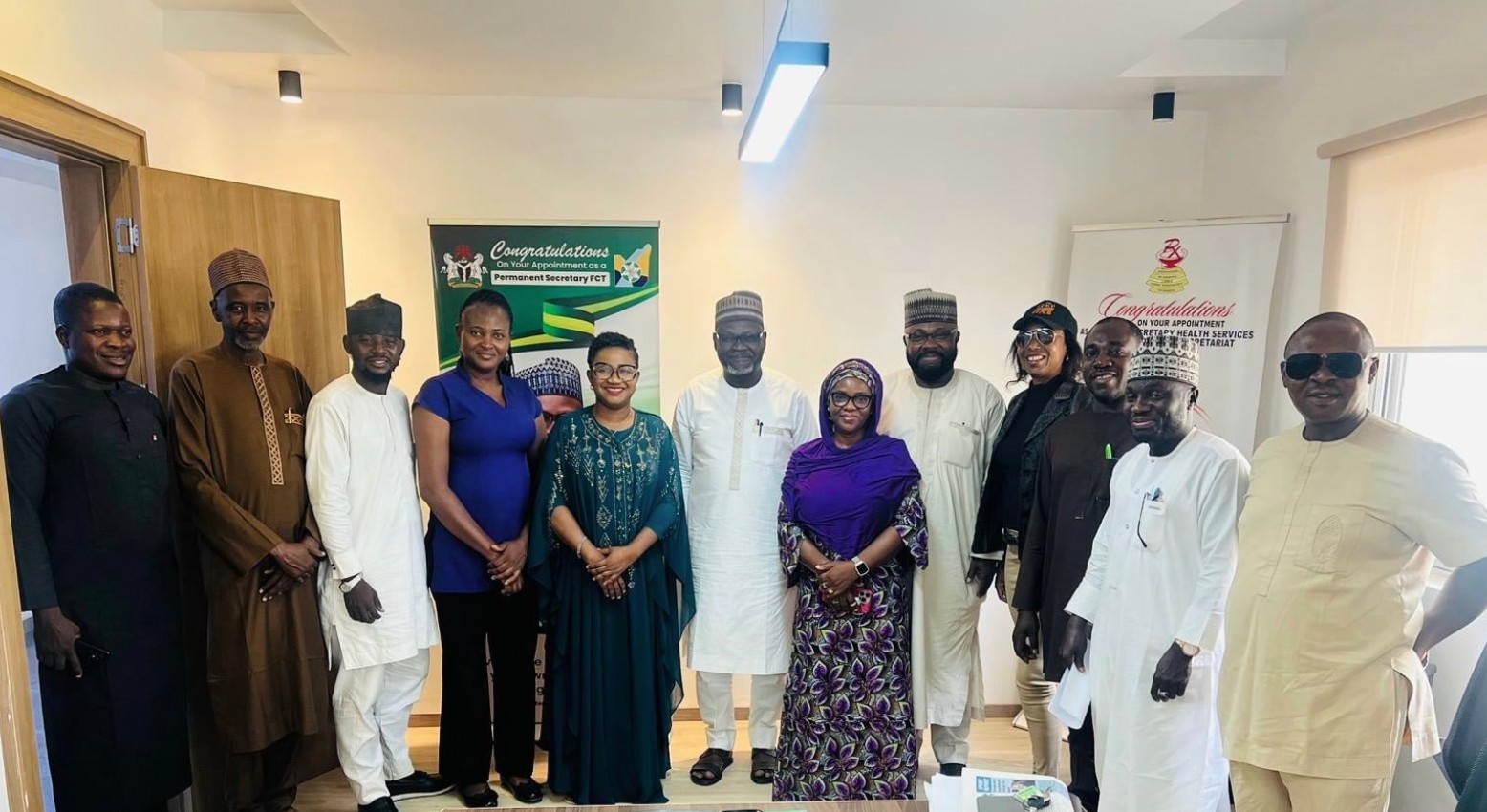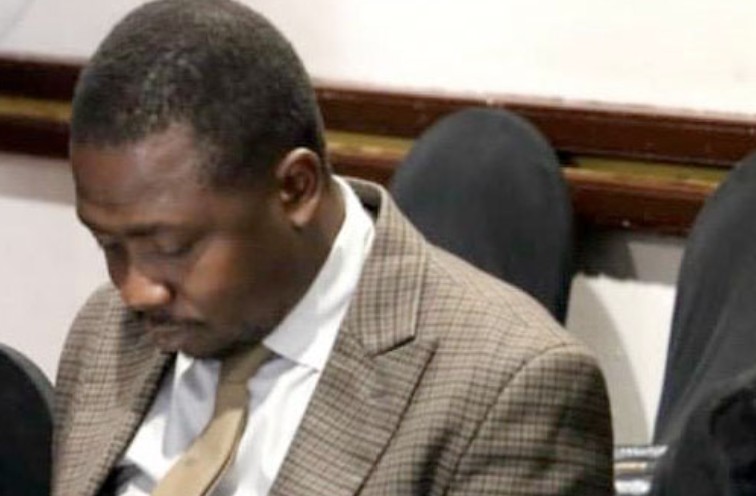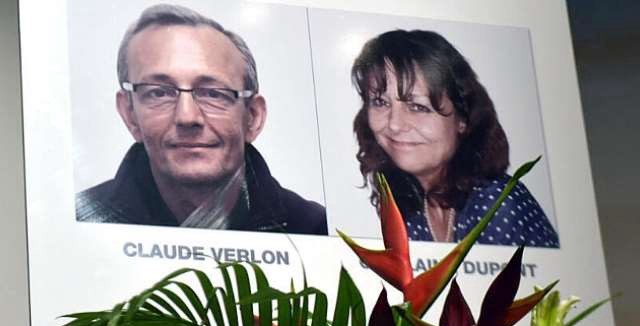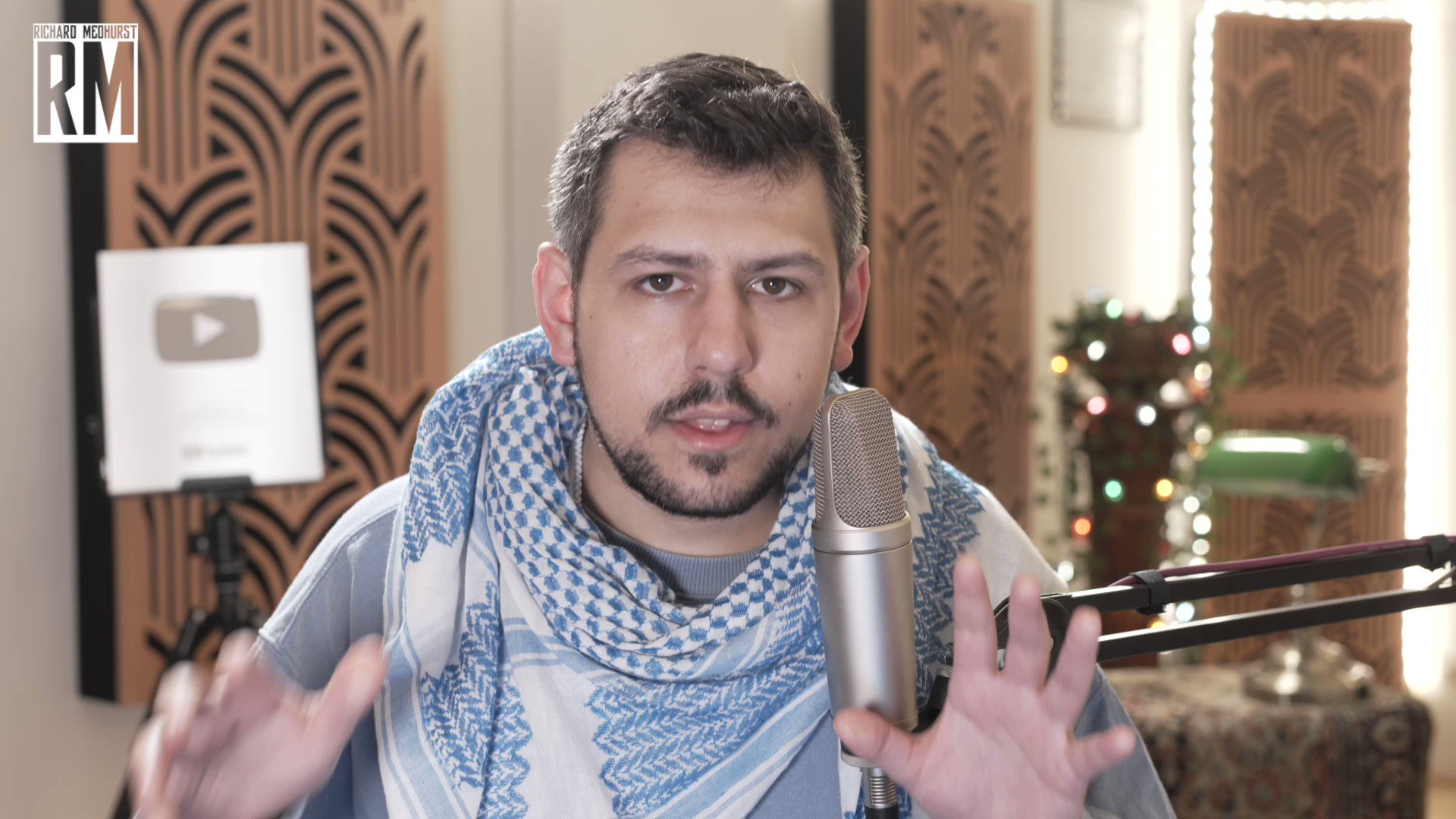
UK Journalist Richard Medhurst’s Case Highlights Growing Threats to Press Freedom
May 16, 2025
Bosnian Journalists Lead Fight Against Gender-Based Violence
May 16, 2025May 16, 2025 – Zimbabwe –
The recent arrest and prolonged detention of a journalist in Zimbabwe have sparked growing alarm over the country’s intensifying crackdown on independent media. The journalist was taken into custody in February 2025 after interviewing a war veteran who criticized the president. Authorities charged the reporter with “transmitting data messages inciting violence or property damage” under the Cyber and Data Protection Act—legislation increasingly used to target dissenting voices.
Human rights observers have denounced the arrest as arbitrary and politically motivated, arguing that it exemplifies the misuse of legal tools to silence journalists. The reporter spent over two months in pre-trial detention, raising serious concerns about due process and freedom of expression. The charges are widely viewed as retaliatory, intended to punish the journalist for covering sensitive political issues and discourage others from doing the same.
After weeks behind bars, the journalist was granted bail by the High Court on May 6, 2025. The court found that concerns raised by prosecutors could be addressed through appropriate bail conditions. The decision was welcomed by press freedom advocates who continue to demand the full dismissal of all charges.
This case is not isolated. It forms part of a disturbing pattern in which journalists are increasingly subjected to harassment, arrests, and surveillance for their work. Legal experts and rights groups warn that these tactics are part of a broader effort to undermine independent journalism and restrict access to truthful information. Those reporting on governance, corruption, or criticism of political leadership have found themselves especially at risk.
The journalist’s case has become a symbol of the deteriorating media climate in Zimbabwe. Observers argue that criminalizing journalistic activity sets a dangerous precedent and erodes public trust in democratic institutions. They emphasize the need for authorities to uphold press freedom, end judicial harassment of media professionals, and ensure that laws are not weaponized to suppress legitimate reporting. As pressure builds from both domestic and international actors, the case continues to raise fundamental questions about the future of free expression in the country.
Reference –
High Court ends journalist Blessed Mhlanga’s two-month prison hell
https://rsf.org/en/zimbabwe-rsf-calls-judicial-authorities-acquit-journalist-blessed-mhlanga
Zimbabwe: Further information: Journalist released but charges still pending: Blessed Mhlanga

